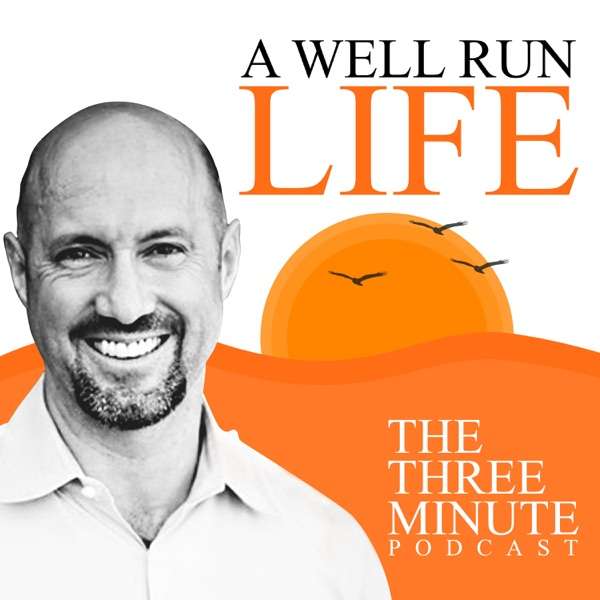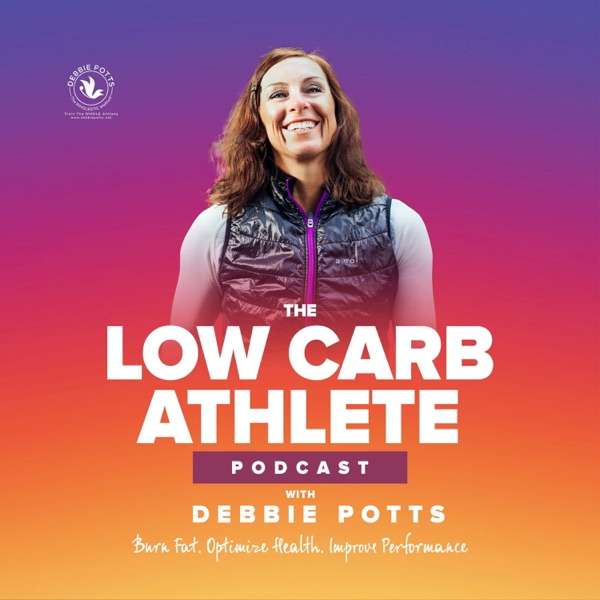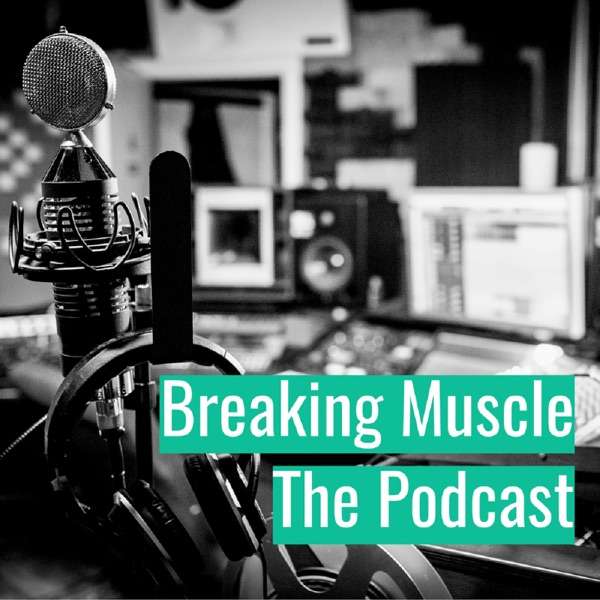From a health perspective, what comes out of your body is every bit as important as what goes in. So we think it's high time we gave poo the respect it deserves.
Look, we know, it's an awkward topic. And that's why it's so rarely discussed among friends, lovers and family members, or even with health care professionals.
The problem is, when we don't talk about it, we don't learn about it. And when we don't learn about something as important as healthy digestion and elimination, we get into serious trouble.
That's why more than 60 million Americans suffer from constipation, and far many too many endure oppressive bowel related discomfort, toxicity and related inflammatory diseases.
So in this week's episode of The Living Experiment, we have a frank conversation about feces, defining what's "normal" — in frequency, form, and yes, even aroma. We also offer some helpful counsel on identifying and resolving common poo problems, and more.
Even if you're a little grossed out, you're not going to want to miss this essential wisdom for improving your digestive process, your elimination experience, and your overall health.
"Poo" Episode Highlights
- How your poop reflects your health, and relates to the condition of your skin (7:00)
- Some basics about frequency, effort and more (8:10)
- The relationship between your diet (especially fiber) and your defecation (11:10)
- How a lack of dietary fiber undermines elimination, causing recirculation of polluted bile, with inflammatory and cholesterol-raising results (11:35)
- The surprising range of serious health conditions that can develop from poor elimination and overstressed detox pathways (12:15)
- How gas, belching, and bad breath can result from waste that ferments in your gut for too long (13:40)
- A word on microbiome disruption and Dr. Elson Haas's graphic warning against letting methane gas build up in your system (14:20)
- Using the Bristol Stool Chart to assess the shape, texture, and quality of your poo (16:10)
- Signs and causes of constipation, including stress and food intolerance (18:05)
- The German "poop shelf" and the value of examining your stool (20:20)
- GI tests as a diagnostic tool for identifying the underlying causes of digestive and skin problems, allergies, and asthma (21:20)
- Tips on what you can do about constipation and diarrhea – food, fiber, water, and fat intake (22:45)
- Examining the effect of your stress, lifestyle, and schedule on your bowel movements (24:40)
- Ramifications of not going when you first feel the urge to go (24:55)
- The smelly signals poo sends (29:00)
- Some pro-poo minerals (32:05)
- The interdependence of sleep, stress, and GI motility (33:10)
- Experiments for the week (38:50)
This Week's Experiments
Pilar suggests:
1) Incorporate a good-sized serving of fresh, non-starchy, leafy-green, or other fibrous vegetables with each meal of the day.
- Fiber is essential for moving things along and for escorting polluted bile out of your system.
- Examples: Add a handful of fresh greens or sautéed kale to your breakfast. For lunch, add a salad or a side order of vegetables. For dinner, add an additional serving of vegetables prepared in some yummy way.
2) Notice and immediately respect your body's first-inkling signal that you need to poop.
- Whenever you notice the urge to go, go right then. Don't delay, allow yourself to distracted, avoid it, or wait for a more convenient time.
- Ignoring or de-prioritizing your body's signals can lead to constipation and significantly undermine your health.
Dallas suggests:
1) Drink at least one to two glasses of lukewarm water within 15 minutes of waking up in the morning;
- Drinking warm water in the morning — ideally, before coffee — improves GI health and hydration, facilitating elimination with zero effort, zero cost.
2) Consider using a Squatty Potty.
- The Squatty Potty is a small platform that elevates your feet on either side of the toilet, allowing you to get into a more natural squatting position for easier and more complete bowel movements.
Share the Love!
If you're enjoying The Living Experiment, please tell your friends about it (check out the "Share This" widget and other social-media tools on this page). People are always looking for great new podcasts, and your personal recommendations mean a lot.
We'd also love to have you connect with us on Facebook, Instagram, and Twitter, share your thoughts, stories and reflections there.
Resources
- From Experience Life magazine, Overcoming Constipation (great general overview).
- Also from Experience Life, Fiber: Why It Matters More Than You Think (includes a detailed explanation of the role of bile, hepatic recycling, connections to gallstones, heart disease and more).
- Pooping 101, a helpful article from SCD Lifestyle - includes a good explanation of the Bristol Stool Chart.
- The Stool Analyzer, an interactive tool (based, in part, on the Bristol Stool Chart) to help you evaluate your bowel movements and what they mean.
- The Squatty Potty, mentioned in one of Dallas's recommended experiments.

 Our TOPPODCAST Picks
Our TOPPODCAST Picks  Stay Connected
Stay Connected







